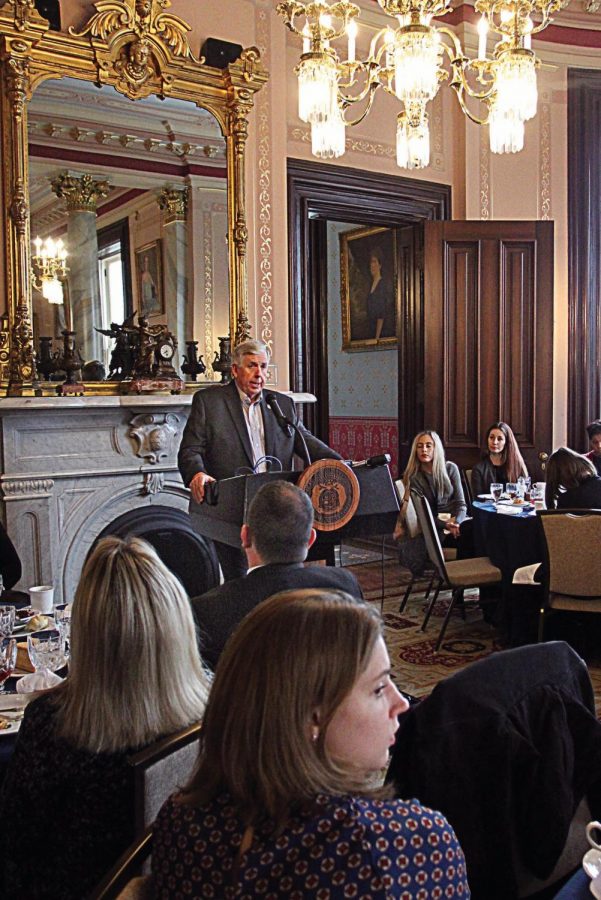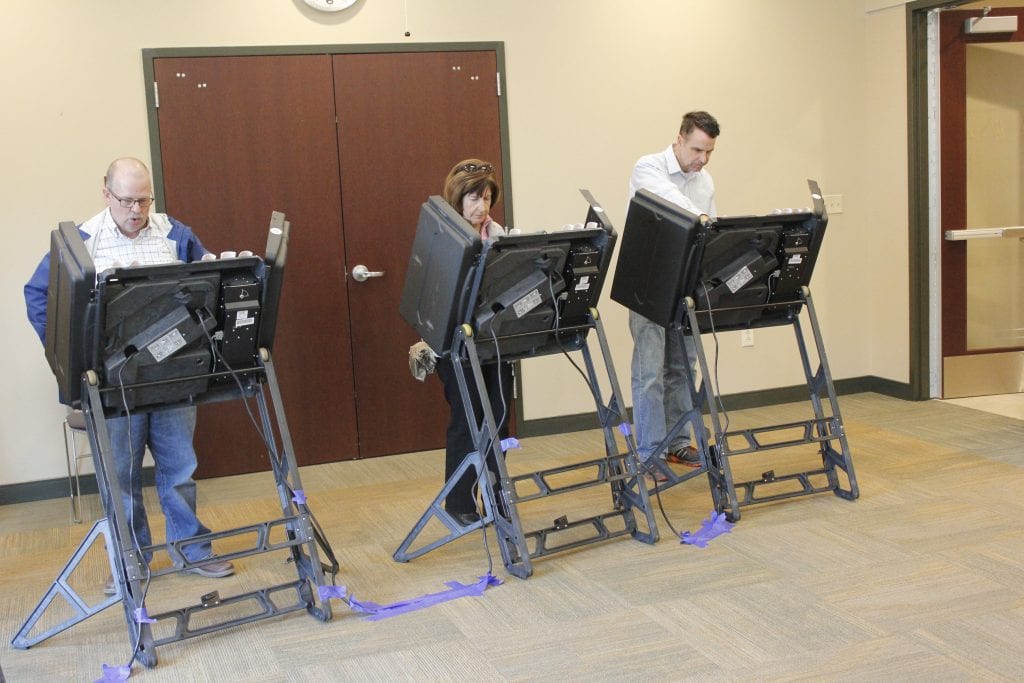Missouri voters will again get the chance to add another amendment to the evergrowing state constitution, this time to expand Medicaid.
If voters approve Amendment 2 Tuesday, Aug. 4, Missouri would become the second state to amend its Constitution to add Medicaid expansion, after Oklahoma voters approved the idea last month.
Like Oklahoma, the Republican-controlled Missouri Legislature has long resisted the idea of expanding the state- and federally-funded health insurance for low-income residents. Under the Affordable Care Act, more parochially known as “Obamacare,” states can expand Medicaid to cover more of their lowest-income resident with 90 percent of the costs paid for by the federal government.
That would expand coverage up to 138 percent of the poverty line and cover 238,000 more Missourians, who would have to make roughly $17,000 or less a year. The 90-percent match rate is permanent, which means it would take an act of Congress to change it. So far, Medicaid has never changed a federal match rate.
Business leaders like Centene CEO Michael Neidorff have said the decision not to expand Medicaid has negatively impacted the state economy. One of the largest and once-growing sectors in St. Louis is health care, but in the years since the state could have expanded Medicaid, 10 rural hospitals have closed and the health-care sector in St. Louis has contracted. Hospitals like Mercy Hospital South and business interests like the Missouri Chamber of Commerce support the initiative and say it will bring $1.5 billion in federal dollars annually to Missouri.
But Republican lawmakers point to the fact that Medicaid is already the largest program funded by the state, taking up nearly 40 percent of the state budget — and increasing every year. Taking on more patients is unsustainable even with the federal government picking up 90 percent of the tab, opponents contend.
The Missouri Budget Project, a think tank, issued a report in January that expanding Medicaid would save the state more than $100 million in general revenue savings, along with new revenue. The savings, which the think tank acknowledged are counterintuitive but are based on other states, come from the federal government funding not just the new Medicaid coverage, but existing coverage that currently comes from the state budget.
For example, if the federal government covered costs for the 20,000 pregnancies that are projected to fall under Medicaid expansion, that alone would save Missouri $50 million in general revenue, the report projected.
But Gov. Mike Parson is worried about future ballooning costs. At a luncheon at the Governor’s Mansion in January with the Missouri Press Association, he said, “Every time a government program comes into existence, it normally will always expand and cost money,” noting that Medicaid costs increased by $200 million this year without expansion. “I just think it’s going to cost us more money.”
















